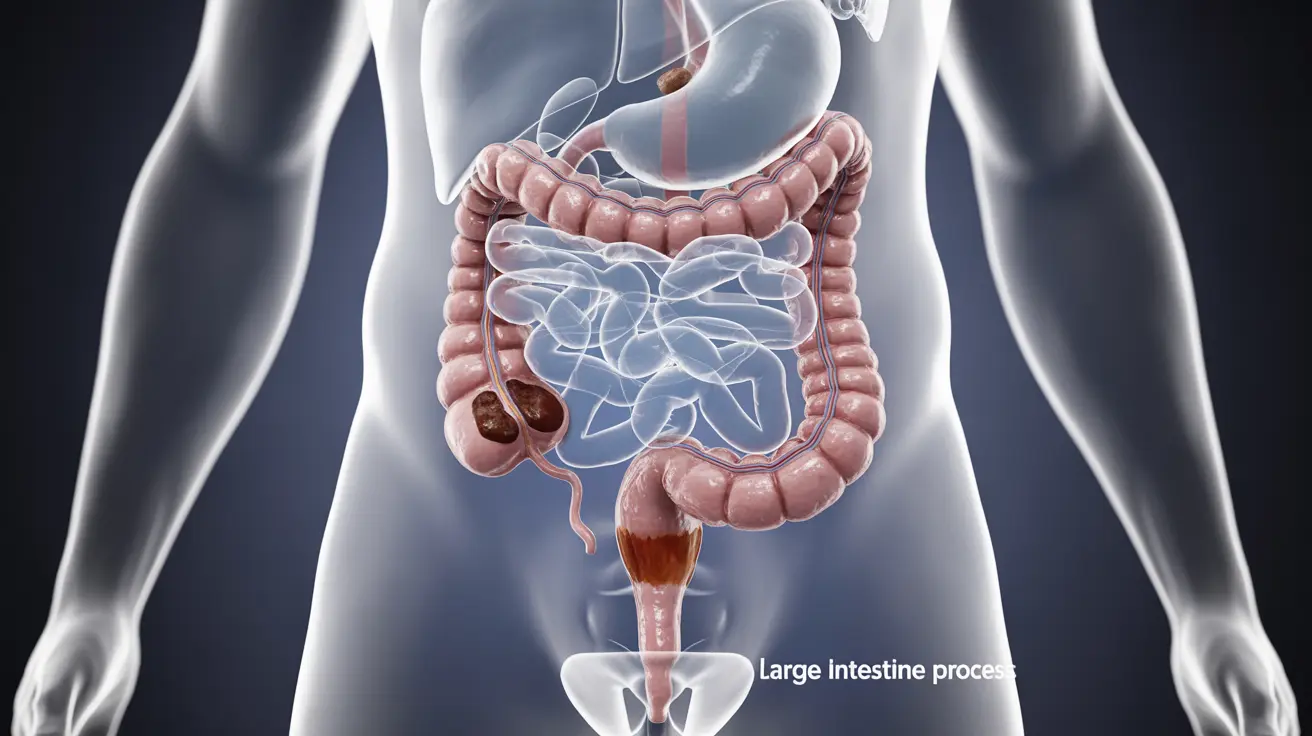Lazy bowel syndrome, also known as slow transit constipation, is a chronic condition that affects the normal movement of waste through your digestive system. This condition can significantly impact your quality of life and daily routine, making it essential to understand its causes, symptoms, and available treatment options.
While occasional constipation is common, lazy bowel syndrome represents a more persistent problem where the colon doesn't function efficiently, leading to chronic difficulties with bowel movements. Understanding this condition is crucial for proper management and knowing when to seek medical attention.
Understanding Lazy Bowel Syndrome
Lazy bowel syndrome occurs when the muscles in your colon don't contract properly to move stool through your digestive system. This condition can develop gradually and may be influenced by various factors, including lifestyle habits, medications, and underlying health conditions.
The condition often develops due to decreased muscle tone in the intestines, which can be caused by prolonged laxative use, poor dietary habits, or a sedentary lifestyle. Understanding these contributing factors is essential for effective treatment and prevention.
Common Signs and Symptoms
Recognizing the symptoms of lazy bowel syndrome is crucial for early intervention and proper management. Common indicators include:
- Infrequent bowel movements (less than three times per week)
- Hard, dry stools that are difficult to pass
- Feeling of incomplete evacuation
- Abdominal bloating and discomfort
- Reduced appetite
- Lethargy and general discomfort
Risk Factors and Causes
Several factors can contribute to the development of lazy bowel syndrome:
Lifestyle Factors
- Insufficient physical activity
- Poor dietary habits
- Inadequate fluid intake
- Ignoring the urge to have bowel movements
Medical Conditions
- Neurological disorders
- Hormonal imbalances
- Pregnancy and childbirth
- Certain medications
Treatment Approaches
Managing lazy bowel syndrome typically requires a comprehensive approach that may include:
Dietary Modifications
- Increasing fiber intake gradually
- Ensuring adequate hydration
- Eating regular, balanced meals
- Including probiotic-rich foods
Lifestyle Changes
- Regular physical exercise
- Establishing a consistent bathroom routine
- Stress management techniques
- Proper toilet posture
Medical Interventions
When lifestyle changes aren't sufficient, medical treatments may include:
- Prescription medications
- Biofeedback therapy
- Physical therapy
- In severe cases, surgical options
Prevention Strategies
Preventing lazy bowel syndrome involves maintaining healthy bowel habits through:
- Regular exercise routine
- Proper dietary choices
- Adequate water intake
- Responding promptly to bowel movements
- Avoiding overuse of laxatives
Frequently Asked Questions
What are the common symptoms of lazy bowel syndrome or slow transit constipation?
Common symptoms include infrequent bowel movements (less than three times weekly), hard or dry stools, abdominal bloating, and a feeling of incomplete evacuation after bowel movements. Patients may also experience reduced appetite and general discomfort.
How does long-term use of stimulant laxatives contribute to lazy bowel syndrome?
Long-term use of stimulant laxatives can cause the bowel to become dependent on these medications, weakening natural muscle contractions. This dependency can lead to decreased bowel function and worsen constipation over time.
What treatments are available to manage slow transit constipation or lazy bowel symptoms?
Treatment options include dietary modifications (increased fiber and water intake), lifestyle changes (regular exercise and bathroom routines), and medical interventions such as prescription medications, biofeedback therapy, and physical therapy. Severe cases may require surgical intervention.
Can dietary changes like increasing fiber intake help with lazy bowel syndrome?
Yes, increasing fiber intake can help manage lazy bowel syndrome by adding bulk to stools and promoting regular bowel movements. However, fiber should be increased gradually and accompanied by adequate water intake to prevent worsening of symptoms.
When should I see a doctor if I have persistent constipation and suspect lazy bowel syndrome?
Consult a healthcare provider if you experience constipation lasting more than three weeks, severe abdominal pain, unexplained weight loss, or if lifestyle changes don't improve your symptoms. Also seek medical attention if you notice blood in your stool or significant changes in bowel habits.




